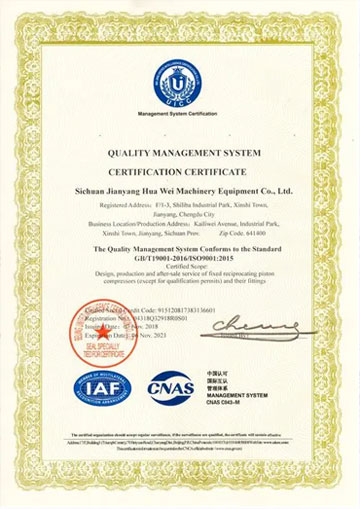

self tapping screw into metal
Th11 . 05, 2024 09:10 Back to list
self tapping screw into metal
Self-Tapping Screws Revolutionizing Metal Fastening Techniques
In the world of construction and fabrication, the use of fasteners is a critical aspect that can significantly influence the integrity, durability, and efficiency of structures and products. Among the various types of fasteners available, self-tapping screws have emerged as a popular choice, especially when working with metal materials. This article explores the characteristics, benefits, and applications of self-tapping screws in metalworking industries.
Self-tapping screws are designed to create their own hole as they are driven into the material. Unlike standard screws, which require a pre-existing hole, self-tapping screws feature a sharp point and fine threads that allow them to penetrate and cut into the metal. The design is particularly advantageous in metal applications, where precision and strength are paramount.
Self-Tapping Screws Revolutionizing Metal Fastening Techniques
The versatility of self-tapping screws extends to their various head styles and thread designs, allowing for a wide range of applications. Common head styles include pan, flat, and hex, each serving specific aesthetic and functional purposes. Additionally, the threads can be coarse or fine, catering to different metal thicknesses and requirements. Coarse-thread screws are ideal for softer metals, while fine-thread screws are better suited for harder materials or when a tighter grip is necessary.
self tapping screw into metal

When choosing self-tapping screws for metal applications, it's essential to consider the material of the screw itself. Self-tapping screws are available in various materials, including stainless steel, carbon steel, and zinc-plated steel. Stainless steel screws, for instance, offer excellent corrosion resistance, making them ideal for outdoor applications or environments prone to moisture. On the other hand, carbon steel screws provide robustness and can be less expensive, although they may require additional coating for enhanced corrosion resistance.
In addition to their practical benefits, self-tapping screws contribute to the overall structural integrity of metal assemblies. When properly installed, they create a strong and stable connection that can withstand various stresses. This reliability is particularly important in industries such as automotive, aerospace, and construction, where safety and performance are crucial.
However, like any fastener, self-tapping screws must be used correctly to ensure optimum performance. Factors such as screw size, type of metal being fastened, and driving technique all play a critical role in the effectiveness of the fastening. For instance, over-tightening the screw can lead to metal deformation or stripping of the threads, compromising the joint's integrity. Therefore, proper training and guidelines should be followed when using self-tapping screws in metal applications.
In conclusion, self-tapping screws are a game-changer in metal fastening techniques. Their unique ability to cut their own threads and eliminate the need for pre-drilled holes offers significant time and labor savings. With a variety of materials, designs, and applications, self-tapping screws cater to the diverse needs of the metalworking industry. By leveraging the advantages of self-tapping screws, manufacturers and builders can enhance their productivity, improve assembly accuracy, and ensure the durability of their products. As technology continues to advance, the role of self-tapping screws in metalworking will undoubtedly continue to evolve, making them an indispensable tool in modern construction and fabrication practices.
Latest news
-
MS Slotted Channel Fasteners Durable, Pre-Galvanized Mild Steel
NewsApr.29,2025
-
High-Strength Self Tapping Screws for Cast Iron Fast Installation & Durability
NewsApr.29,2025
-
Mild Steel Slotted Channel & Fasteners - Durable, Adjustable Solutions
NewsApr.28,2025
-
ISO Spring Washer - Secure, Durable Fastener with ISO Compliance ISO Spring Washer
NewsApr.28,2025
-
Mild Steel Stud Bolt Fasteners - High Strength & Corrosion Resistant
NewsApr.28,2025
-
M6x45 Shear Bolt - High-Strength Safety Fastener
NewsApr.28,2025

